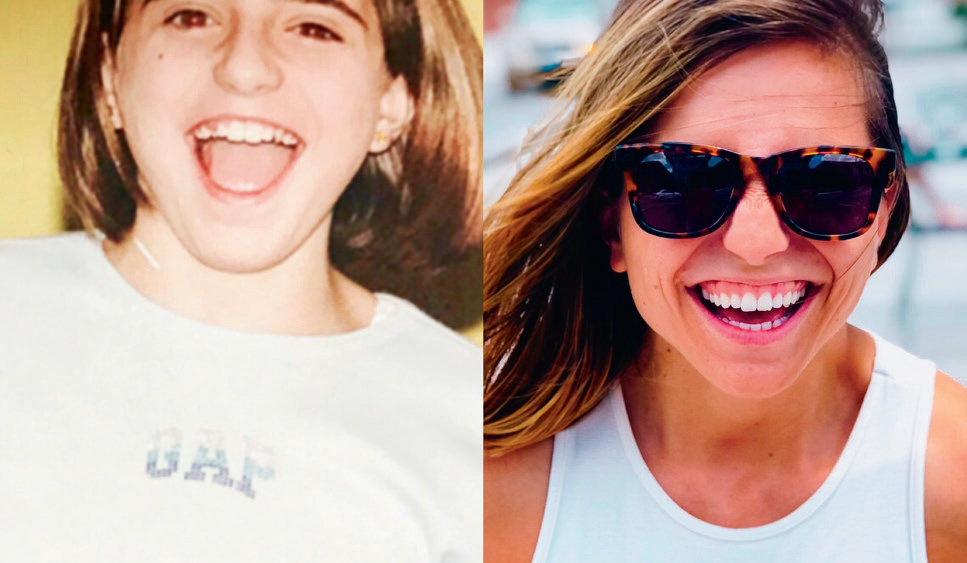Deniz, her three sisters and parents escaped the war in Bosnia in the early 1990’s and immigrated to Vermont. This simple sentence doesn’t begin to describe the terror her parents and older sisters felt and the fact that her parents left because they knew “we were going to die, or worse.”
They lived with an aunt and uncle, 10 people in a small apartment, and then moved to their own apartment. Her parents didn’t speak English but learned it so that they could find jobs.
Deniz said, “My twin and I were only 6 when our family attended the Green Mountain Habitat for Humanity Board of Directors meeting to find out if we would be approved for a home. My parents said that if we were quiet during the meeting that we would go to Burger King after so we were quiet!”
“Bosnia was a friendly country before the war, but it didn’t have a volunteer culture, so my parents couldn’t believe that people they didn’t know would help to build their home!” The opportunity to have their own home “was a life raft when they were drowning.” Having a home meant that they still had to paddle but you had the opportunity to do so. “My parents and older sister had gone through severe trauma of death, disappearances and a loss of faith in humanity. But the Habitat home restored that faith and made it possible for our family to be warm, have a bed and the ability to cook dinner each night. My parents thawed out when they were
approved for a house,” said Deniz.
“Because of the amazing help my family received, I grew up with a desire to give back and began volunteering in high school and continued in college. I moved to San Francisco for a job but recently moved back to start my own business in personal development and fitness coaching using skills I learned in college.”
“I’m so very proud of my parents, who had good jobs in Bosnia, then lost everything to escape the war. They paid off their mortgage on their Habitat built home and still live in the home in Burlington. Because of the “hand up” my family received, I feel a deep need to give back. When people meet me they don’t think of me as a refugee, but being a refugee has made me who I am today,” said Deniz.


Comments are closed.